Over the next three weeks, we are going to be reading three long passages from John’s Gospel: The woman at the well, the man born blind, and the story of the raising of Lazarus. Each of these passages are chosen because they reveal something to us about the Easter mysteries of our faith. These readings are of a special importance to the Elect in our RCIA program, as they receive the scrutinies in order to prepare for the celebration of the Sacraments of Initiation during the Easter Season.
Our readings this weekend focus heavily on the theme of water. We know that water is necessary for life. Plants need water to grow, and if humans and animals do not have access to water, they become dehydrated and die. That’s why both the Israelites in the First Reading and the woman in the Gospel are so focused on making sure that they can get water when they need it.
We all know that we need to continually drink water in order to survive. We can’t just take a single sip, and have that be sufficient for the entirety of our lives. And yet, we read in the Gospel that Jesus desires to give us living water, so that we will never be thirsty again. How can this be?
To answer this question, we need to know a bit about how John’s Gospel is composed. There is a reason that the symbol for John’s Gospel is the eagle: because this Gospel soars over the others in terms of its Theological development. Often, in John’s Gospel, Jesus will be speaking on a very spiritual level, while the person he is speaking to interprets his words in a very real way. Jesus’ task then, is to get the person to change their way of thinking, so that they begin to comprehend spiritual realities.
When this happens, the woman realizes that Jesus is not talking about satisfying physical thirst, but rather a spiritual thirst. This is a thirst that we so often try to satisfy through other means, just as the woman in the Gospel did. What is interesting is that when she goes to tell the villagers about Jesus, she leaves her water jar behind. This is symbolic of the fact that she has left her old life behind, and has allowed the living water to well up inside of her to eternal life.
Each of us is called to have this same conversion in our lives. What is God calling you to leave behind, so that you can truly follow him more faithfully? May God give us deeper insight this week, so that we can truly allow the living water to well up in us to eternal life.
Sincerely in Christ,
Fr. Steven Huber, CSB
